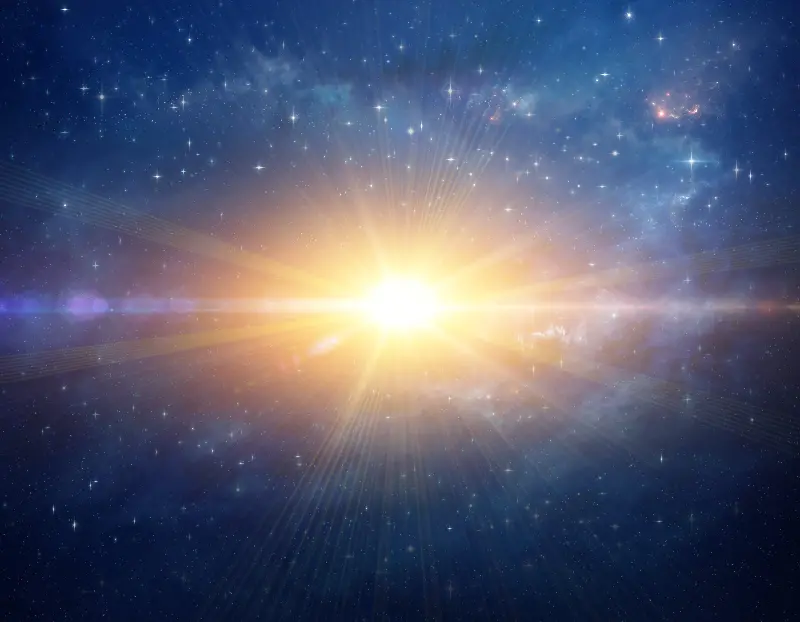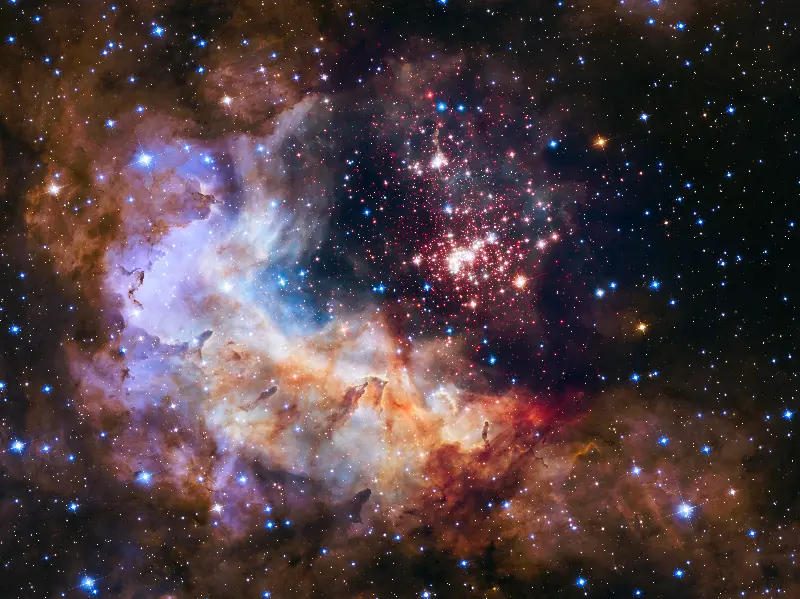
Imagine a time before time, space before space—a void before even nothing existed. That's the enigma physicists face when pondering what came "before the Big Bang". The Big Bang Theory, now over a century old, explains how our universe burst forth some 13.8 billion years ago, expanding from a hot, dense state. But what about before that pivotal moment? Did anything exist at all, or does this question even make sense in the realm of cosmology? Recent discoveries, innovative theories, and lingering questions keep this cosmic mystery alive.
Cracking the Cosmic Code: Leading Theories
Delving into the "pre-Big Bang" question, scientists explore a suite of hypotheses. Each suggests a radically different origin story for our universe:
- The Singularity: According to classic Big Bang Theory, the universe began as an infinitely dense point— a singularity. But quantum physics casts doubt on true infinites—the maths break down, hinting at new physics.
- The Cyclic Universe: Some researchers propose our cosmos is part of an endless cycle: big bangs followed by big crunches, rebirth out of cosmic ashes. This model raises the curious idea that our universe could be just the latest round in an infinite series.
- The Multiverse: What if our universe is one bubble in a vast cosmic foam? The multiverse theory suggests there are countless universes, each with unique properties—perhaps some never even experienced their own “big bang” at all.
- Quantum Bounce: Loop Quantum Cosmology imagines a previous universe contracting before ‘bouncing’ into ours. The bounce replaces the singularity, sidestepping infinite density with a realm where quantum rules reign.
- No Boundary Proposal: Stephen Hawking and James Hartle suggested that asking what happened before the Big Bang is like asking what's north of the North Pole. In their model, time and space are rounded off, so the beginning is a smooth, boundary-less point.
Each theory offers a unique lens, challenging our intuition and defying everyday experience.

Clues From The Edge Of Time
Is there evidence that could tip the scales in favour of one theory over another? Astronomers scan the cosmic microwave background—faint afterglow from the Big Bang itself—for signs of what came before:
- Ripples and Patterns: Unusual patterns in the microwave background might hint at imprints from a prior universe or cosmic cycle.
- Primordial Gravitational Waves: These ripples in spacetime could carry information from the universe’s earliest moments, or even before.
- Matter/Antimatter Asymmetry: The predominance of matter suggests unknown events before the Big Bang may have set the stage.
While tantalising clues exist, so far no direct evidence confirms what happened before the Big Bang—which, perhaps, preserves the universe’s greatest secret.
Why The Ultimate Beginning Matters
The search for what came before the Big Bang isn't just scientific nitpicking. It matters because it touches on humanity’s oldest questions: Why is there something rather than nothing? What are the limits of knowledge and imagination?
Exploring these mysteries can reshape our views not just of the universe, but of our place within it. The discipline stretches the boundaries of science, philosophy, and even spirituality.
As we continue to decode cosmic riddles, one cannot help but wonder: is the answer just beyond our current reach, or is the universe itself designed to keep its beginnings forever veiled? The beauty may be in the search itself: a reminder that on the grandest scale, some mysteries are not meant to be solved—but endlessly, wondrously explored.
